"Croatia was unwilling to punish Storm crimes"
There was no political will in Croatia to punish the crimes committed during and after Op Storm, a witness says.
Wednesday, 16.07.2008.
15:00

There was no political will in Croatia to punish the crimes committed during and after Op Storm, a witness says. Former UN rapporteur for Human Rights In The Former Yugoslavia Elisabeth Rehn was testifying for the prosecution on Tuesday at the Hague trial of Croatian Generals Ante Gotovina, Mladan Markac and Ivan Cermak. "Croatia was unwilling to punish Storm crimes" "Then Croatian President Franjo Tudjman was not interested in punishing crimes or in enabling the return of Serb refugees. He insisted that crimes were committed by civilians, not soldiers, in an attempt to protect the renown of the Croatian Army," Rehn said. She spoke of the crime committed in the Grubori village near Knin, where six Serb civilians aged between 41 and 90 were killed after the military operation in August 1995, emphasizing that Croatian government "never gave an answer about this issue". Rehn said that she had met Tudjman twice, and that he admitted "it was not possible to control people wanting revenge in the liberation process". In the reports the Finnish diplomat drafted in the months following Operation Storm, she noted several things that are consistent with the prosecution case, including that civilian targets were shelled in Knin during the attack of the Croatian army and the police and that after the operation ended, the remaining Serbs were killed and abandoned houses were set on fire and looted. In the cross-examination, Gotovina’s defense counsel showed Rehn several reports drafted in August 1995 by the UN military and civilian observers. Their findings on the shelling of Knin differ from what the witness concluded. The reports speak of artillery fire targeting military installations, with only about twenty Knin houses being hit. As she clarified, Rehn drafted her reports not only on the basis of the information received from the UN military observers but also on her conversations with the local population and politicians. In an effort to prove that the perpetrators of the crimes were prosecuted, Gotovina’s defense counsel Luka Misetic showed the "farewell report" filed by the special rapporteur for human rights in January 1998. In it, Rehn says that the Croatian authorities have told her that approximately 5,500 criminal reports were filed against those who committed murders, looting and destruction of houses; about 1,200 cases were brought to completion. However, in her statement to the OTP investigators, Rehn said that on the basis of those figures she couldn’t tell the nature of the crimes and the ethnic background of the perpetrators and victims. Yesterday in the Hague courtroom, she admitted that she and her associates weren’t persistent enough in their demands to be given those data.
"Croatia was unwilling to punish Storm crimes"
"Then Croatian President Franjo Tuđman was not interested in punishing crimes or in enabling the return of Serb refugees. He insisted that crimes were committed by civilians, not soldiers, in an attempt to protect the renown of the Croatian Army," Rehn said.She spoke of the crime committed in the Grubori village near Knin, where six Serb civilians aged between 41 and 90 were killed after the military operation in August 1995, emphasizing that Croatian government "never gave an answer about this issue".
Rehn said that she had met Tuđman twice, and that he admitted "it was not possible to control people wanting revenge in the liberation process".
In the reports the Finnish diplomat drafted in the months following Operation Storm, she noted several things that are consistent with the prosecution case, including that civilian targets were shelled in Knin during the attack of the Croatian army and the police and that after the operation ended, the remaining Serbs were killed and abandoned houses were set on fire and looted.
In the cross-examination, Gotovina’s defense counsel showed Rehn several reports drafted in August 1995 by the UN military and civilian observers. Their findings on the shelling of Knin differ from what the witness concluded.
The reports speak of artillery fire targeting military installations, with only about twenty Knin houses being hit. As she clarified, Rehn drafted her reports not only on the basis of the information received from the UN military observers but also on her conversations with the local population and politicians.
In an effort to prove that the perpetrators of the crimes were prosecuted, Gotovina’s defense counsel Luka Mišetić showed the "farewell report" filed by the special rapporteur for human rights in January 1998. In it, Rehn says that the Croatian authorities have told her that approximately 5,500 criminal reports were filed against those who committed murders, looting and destruction of houses; about 1,200 cases were brought to completion.
However, in her statement to the OTP investigators, Rehn said that on the basis of those figures she couldn’t tell the nature of the crimes and the ethnic background of the perpetrators and victims. Yesterday in the Hague courtroom, she admitted that she and her associates weren’t persistent enough in their demands to be given those data.










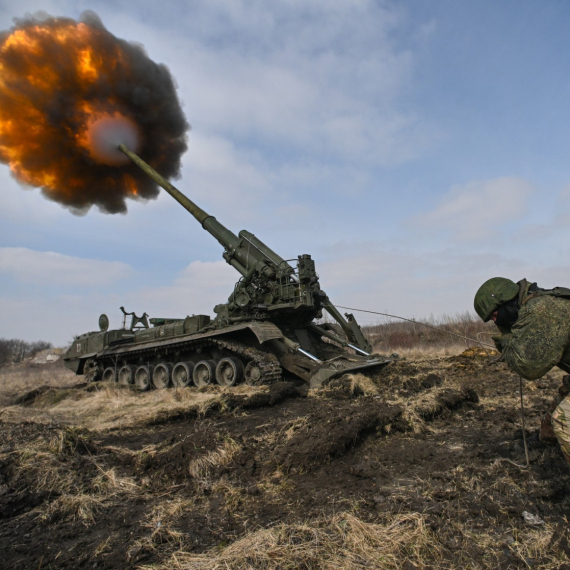




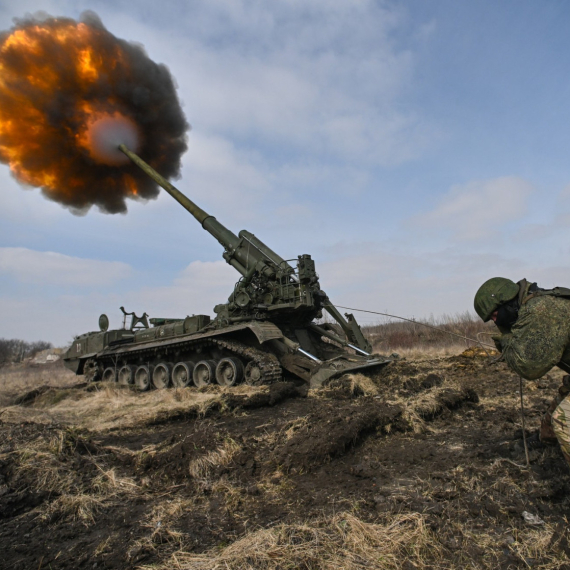

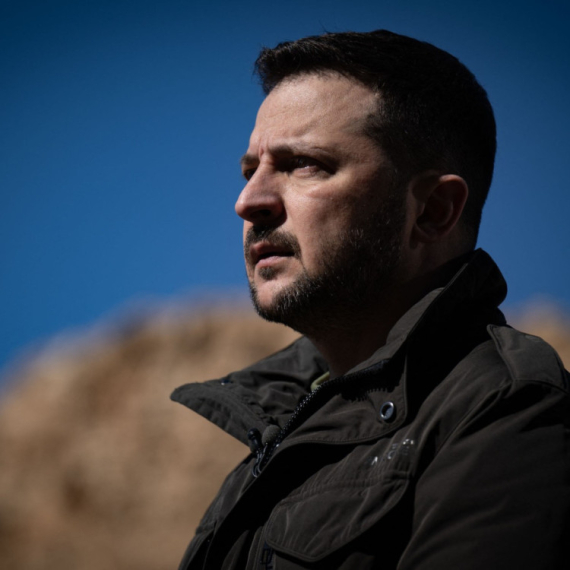




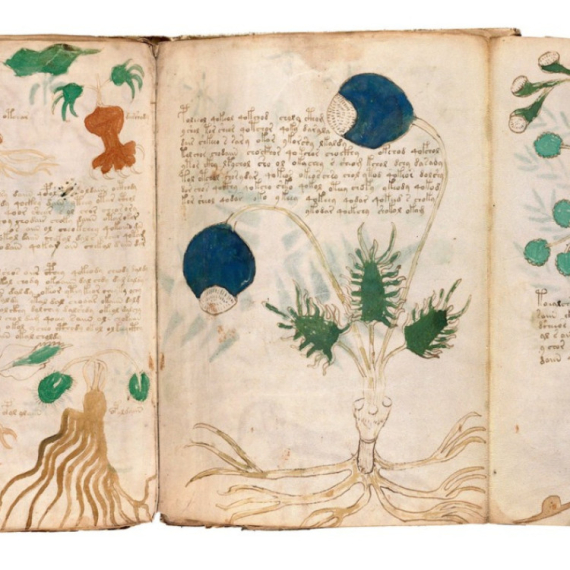

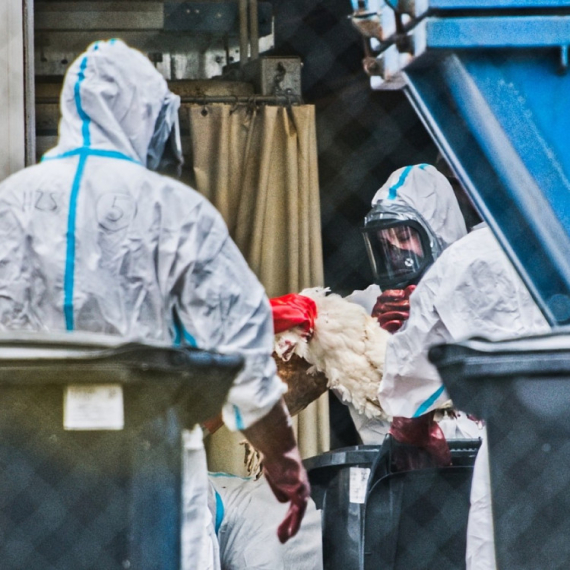













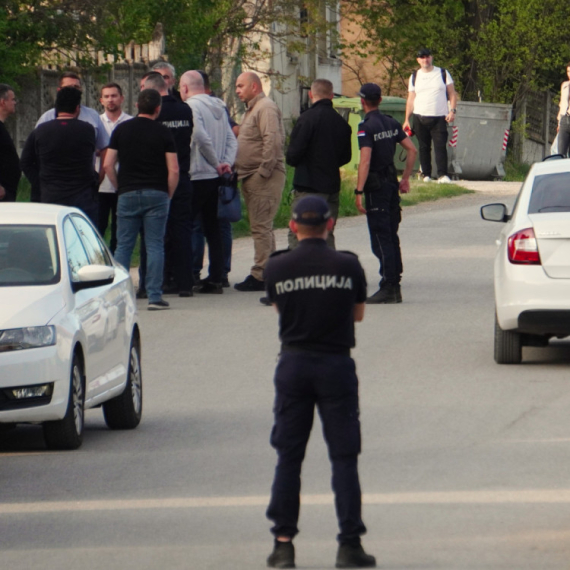
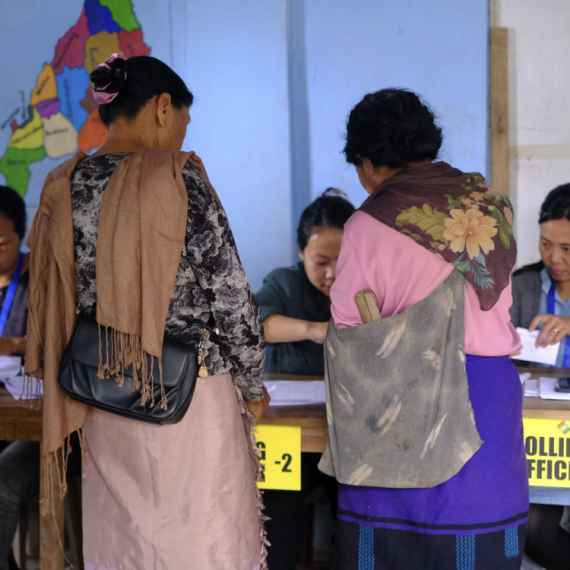
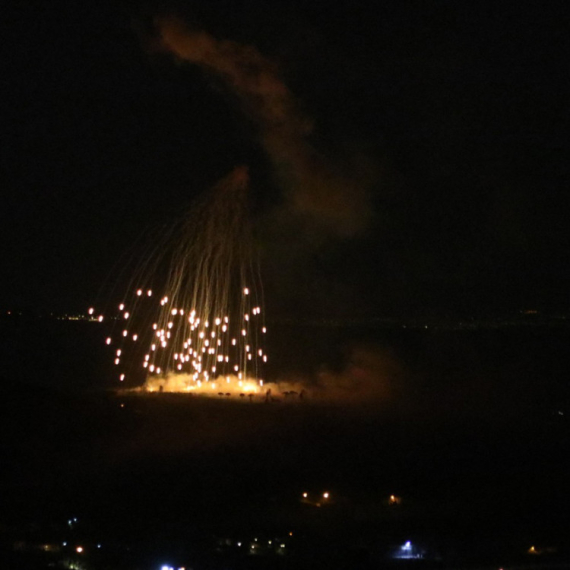







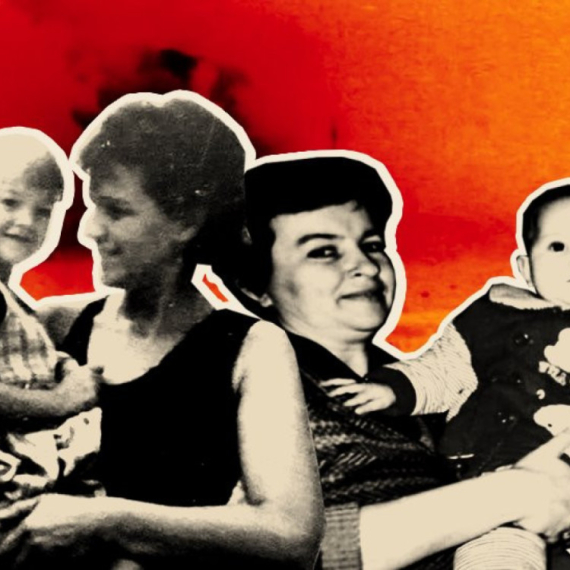





Komentari 0